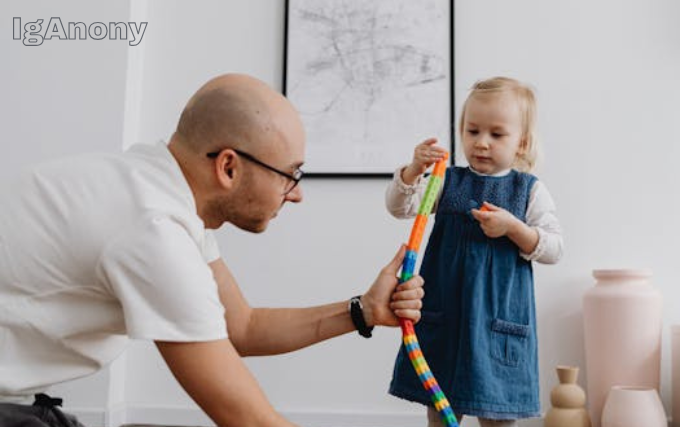Gambling can be enormously good fun. It exploits some of the brain’s innermost circuitry when it comes to assessing risk and reward.
Part of what makes a good game so compulsive, however, is that this circuitry can easily be fooled. If you’re going to have a positive relationship with your chosen game, it’s worth having a rational understanding of the risks involved. Such an understanding can complement your gut feelings, and help you to gamble responsibly.
What Is Probability in Gambling?
All gambling games are defined by an explicit element of chance. If there’s no luck involved, then the chances are that you aren’t gambling. This might take the form of a physical event, like a roll of a die, a spin of a wheel, or a shuffling of a deck of cards. Sometimes, it can take the form of a pseudo-random digital substitute for these things, as might take place in a round of digital slots, or other casino-like apps.
House Edge vs. Player Odds
When you play a game at a casino, the likelihood of your winning is not equal to that of the house winning. You can see this on a roulette wheel, where a bet on a given number might pay out at thirty-six to one, despite the fact that there are thirty-eight (or even thirty-nine) numbers on the board.
In other games, like blackjack and slots, the house edge is hidden – but still present. One approach might be to find the game where the house edge is lowest – like Blackjack, Craps, and Baccarat. Another might be to find a game that you enjoy, and understand that the house always wins in the end.
Common Misconceptions About Luck
Part of what makes a casino such a profitable venture is that human beings have a hard time understanding probability, even when it’s explained to them. It’s therefore worth keeping a few common fallacies in mind.
The ‘gambler’s fallacy’, for example, holds that a run of one result will be balanced out by another result. So, if a coin is tossed ten times and lands on heads each time, the likelihood of it being tails the next time will be increased.
Another blunder is the failure to account for the different likelihoods of certain events. Imagine a person who is fastidious, organised, loves books, and is introverted. Is this person more likely to be a librarian, or a farmer? Of course, they’re more likely to be a farmer – because there are many more farmers than there are librarians.
This example is a famous one. Understand it, and you’ll be one step toward understanding so-called ‘Bayesian’ reasoning – and less likely to confuse a probable outcome with one that’s easily imagined.
Calculating Your Chances: Simple Examples
Let’s try to work out what the odds of a given event are in a simple game. Imagine three dice are being rolled. What are the odds of any given combination of dice? It’s six to the power three, or 6x6x6. But since certain combinations are more likely than others, there’s a weighting of the possible outcomes. This is why seven is the most likely result of a throw of two dice, and ten and eleven are more likely when three are thrown.
In poker, understanding the probability of the various hands is pivotal. This is something that can be memorised. But bear in mind that the likelihood of a given outcome will depend on the information that is known to you and other players. If there are already three diamonds on the table in a round of Texas Hold ’em, then you might consider a flush likely.
Using Probability to Gamble Responsibly
With the help of a little bit of knowledge of probability, you might be able to make informed bets – and to know when you need to cut your losses and walk away. Above all, it’s important to be humble. Many have tried to beat the odds before, and so it’s unlikely that you will succeed where they failed. A healthy relationship with gambling is one that accepts risk, and manages it, rather than tries to get around it.





